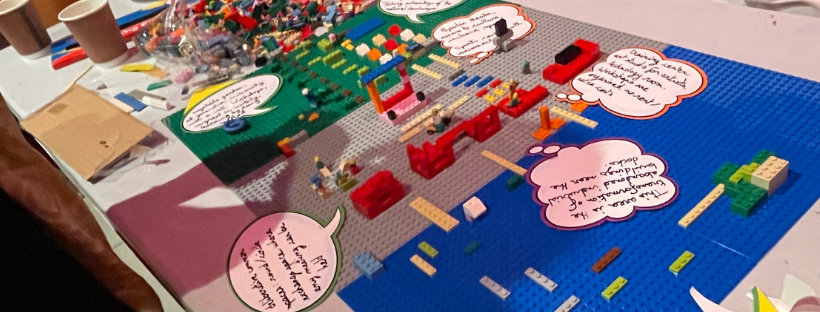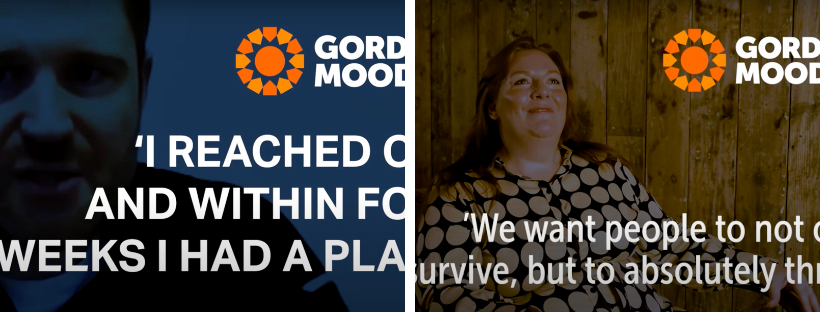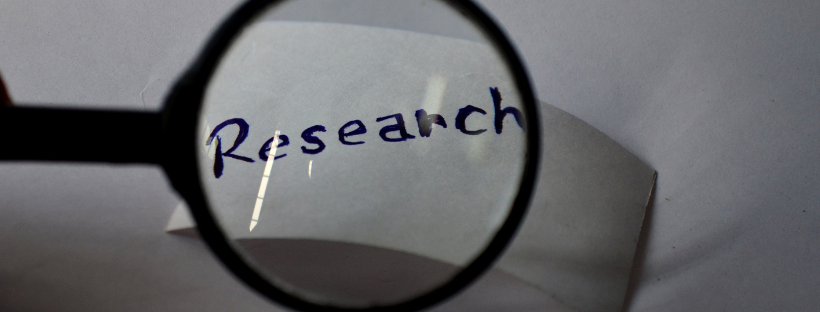SOCIAL MEDIA & FORESIGHT TOOLKIT LAUNCHED

In a world of increasing uncertainty and complexity, foresight and future thinking techniques can act as a key tool in the innovation of policy development, bringing citizens and decision-makers together to define solutions about our shared futures (Fox, 2020). As part of EUARENAS we’ve been working with social media signals to explore the future of democracy across Europe.
Social media provides a window into current debates, social issues and topics pertinent to communities. Whilst the presentation of such content is not necessarily a reflection of society, and like traditional media representations is more of a refracted view on current trends rather than a mirror image, it is still a valuable source material for understanding society. Social media accounts, particularly those associated with civil society and social movements can provide us with signs of what issues and debates are pertinent to people (as opposed to institutions) and simultaneously offer a glimpse of emerging trends in the social sphere. Such content can be useful for hypothesising over the future of our world.
The results of this work are still being analysed and will feed into an insight briefing that we will launch later in the year about the future of democracy across Europe… however, we’ve turned the methodology we used for this work into a handy toolkit to help researchers, practitioners and policymakers work with social media content to explore the future of topics pertinent to their worlds.
This toolkit uses social media posts combined with elements of the Delphi method and policy stress testing approaches to explore future trends in society and the policy environments needed for potential future scenarios. The toolkit is underpinned by theoretical and conceptual framings of foresight practices. However, they are presented in a manner than enables them to be practically applied and implemented as a means of engaging experts from across policy, practice and research in conversations about the future. Included within the toolkit are step-by-step instructions that outline how the research tasks can be implemented, alongside templates and tips.



